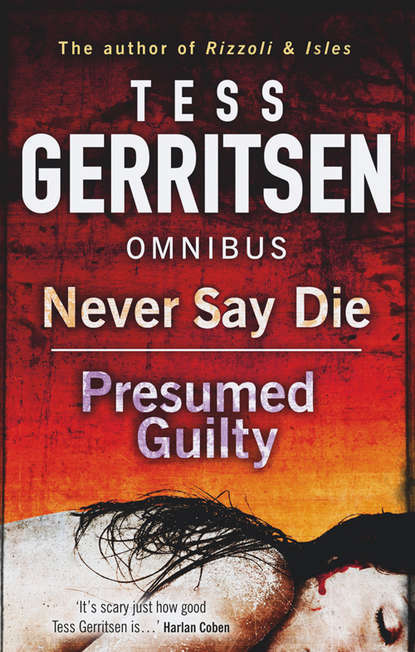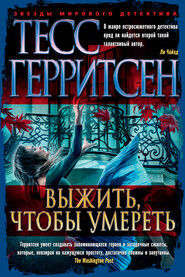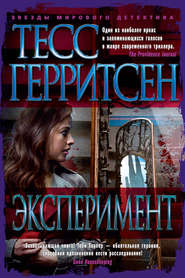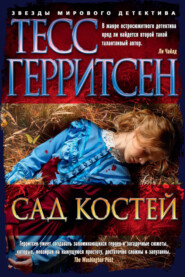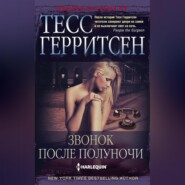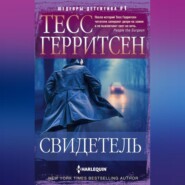По всем вопросам обращайтесь на: info@litportal.ru
(©) 2003-2025.
✖
Never Say Die / Presumed Guilty: Never Say Die / Presumed Guilty
Автор
Год написания книги
2018
Настройки чтения
Размер шрифта
Высота строк
Поля
Guy shook his head. “Where on earth did he dig up these fossils?” he muttered.
Oliver pointed proudly to the two old men and grinned. “My uncles!”
A VOICE BEHIND THE DOOR said, “Go away.”
“Mr. Gerard?” Guy called. There was no answer, but the man was surely lurking near the door; Willy could almost feel him crouched silently on the other side. Guy reached for the knocker fashioned after some grotesque face—either a horned lion or a goat with teeth—that hung on the door like a brass wart. He banged it a few times. “Mr. Gerard!”
Still no answer.
“It’s important! We have to talk to you!”
“I said, go away!”
Willy muttered, “Do you suppose it’s just possible he doesn’t want to talk to us?”
“Oh, he’ll talk to us.” Guy banged on the door again. “The name’s Guy Barnard!” he yelled. “I’m a friend of Toby Wolff.”
The latch slid open. One pale eye peeped out through a crack in the door. The eye flicked back and forth, squinting first at Guy, then at Willy. The voice attached to the eye hissed, “Toby Wolff is an idiot.”
“Toby Wolff is also calling in his chips.”
The eye blinked. The door opened a fraction of an inch wider, the slit revealing a bald, crablike little man. “Well?” he snapped. “Are you just going to stand there?”
Inside, the house was dark as a cave, all the curtains drawn tightly over the windows. Guy and Willy followed the crustacean of a Frenchman down a narrow hallway. In the shadows, Gerard’s outline was barely visible, but Willy could hear him just ahead of her, scuttling across the wood floor.
They emerged into what appeared to be a large sitting room. Slivers of light shimmered through worn curtains. In the suffocating darkness hulked vaguely discernible furniture.
“Sit, sit,” ordered Gerard. Guy and Willy moved toward a couch, but Gerard snapped, “Not there! Can’t you see that’s a genuine Queen Anne?” He pointed at a pair of massive rosewood chairs. “Sit there.” He settled into a brocade armchair by the window. With his arms crossed and his knobby knees jutting out at them, he looked like a disagreeable pile of bones. “So what does Toby want from me now?” he demanded.
“He said you could pass us some information.”
Gerard snorted. “I am not in the business.”
“You used to be.”
“No longer. The stakes are too high.”
Willy glanced thoughtfully around the room, noting in the shadows the soft gleam of ivory, the luster of fine old china. She suddenly realized they were surrounded by a treasure trove of antiques. Even the house was an antique, one of Saigon’s lovely old French colonials, laced with climbing vines. By law it belonged to the state. She wondered what the Frenchman had done to keep such a home.
“It has been years since I had any business with the Company,” said Gerard. “I know nothing that could possibly help you now.”
“Maybe you do,” said Guy. “We’re here about an old matter. From the war.”
Gerard laughed. “These people are perpetually at war! Which enemy? The Chinese? The French? The Khmer Rouge?”
“You know which war,” Guy said.
Gerard sat back. “That war is over.”
“Not for some of us,” said Willy.
The Frenchman turned to her. She felt him studying her, measuring her significance. She resented being appraised this way. Deliberately she returned his stare.
“What’s the girl got to do with it?” Gerard demanded.
“She’s here about her father. Missing in action since 1970.”
Gerard shrugged. “My business is imports. I know nothing about missing soldiers.”
“My father wasn’t a soldier,” said Willy. “He was a pilot for Air America.”
“Wild Bill Maitland,” Guy added.
The sudden silence in the room was thick enough to slice. After a long pause, Gerard said softly, “Air America.”
Willy nodded. “You remember him?”
The Frenchman’s knobby fingers began to tap the armrest. “I knew of them, the pilots. They carried goods for me on occasion. At a price.”
“Goods?”
“Pharmaceuticals,” said Guy.
Gerard slapped the armrest in irritation. “Come, Mr. Barnard, we both know what we’re talking about! Opium. I don’t deny it. There was a war going on, and there was money to be made. So I made it. Air America happened to provide the most reliable delivery service. The pilots never asked questions. They were good that way. I paid them what they were worth. In gold.”
Again there was a silence. It took all Willy’s courage to ask the next question. “And my father? Was he one of the pilots you paid in gold?”
Alain Gerard shrugged. “Would it surprise you?”
Somehow, it wouldn’t, but she tried to imagine what all those old family friends would say, the ones who’d thought her father a hero.
“He was one of the best,” said Gerard.
She looked up. “The best?” She felt like laughing. “At what? Running drugs?”
“Flying. It was his calling.”
“My father’s calling,” she said bitterly, “was to do whatever he wanted. With no thought for anyone else.”
“Still,” insisted Gerard, “he was one of the best.”
“The day his plane went down…” said Guy. “Was he carrying something of yours?”
The Frenchman didn’t answer. He fidgeted in his chair, then rose and went to the window, where he fussed prissily with the curtains.
“Gerard?” Guy prodded.
Gerard turned and looked at them. “Why are you here? What purpose do these questions serve?”





